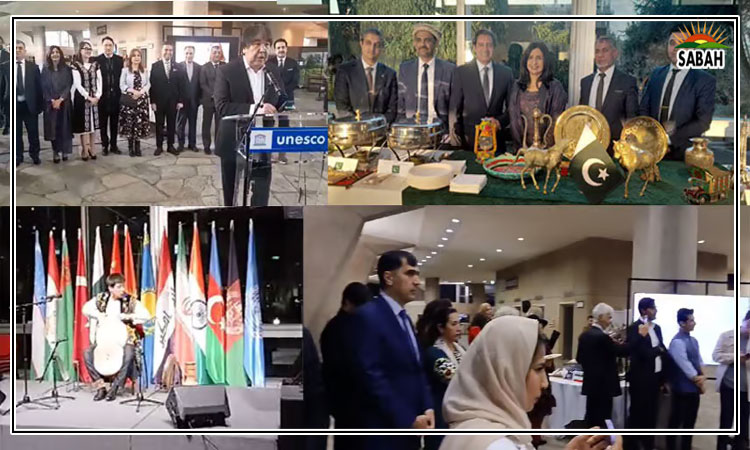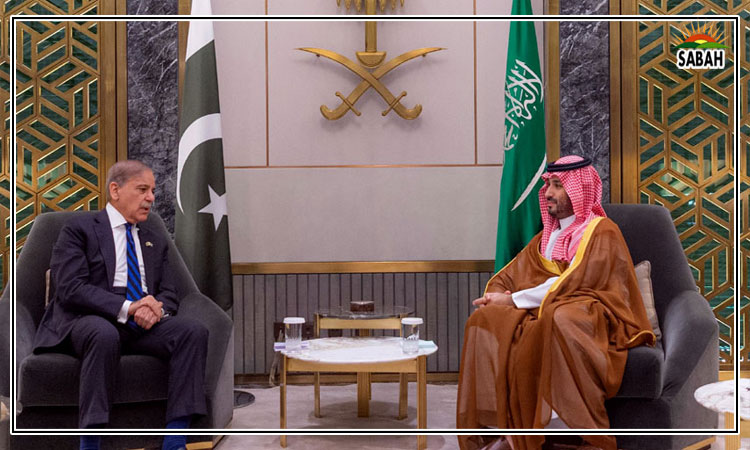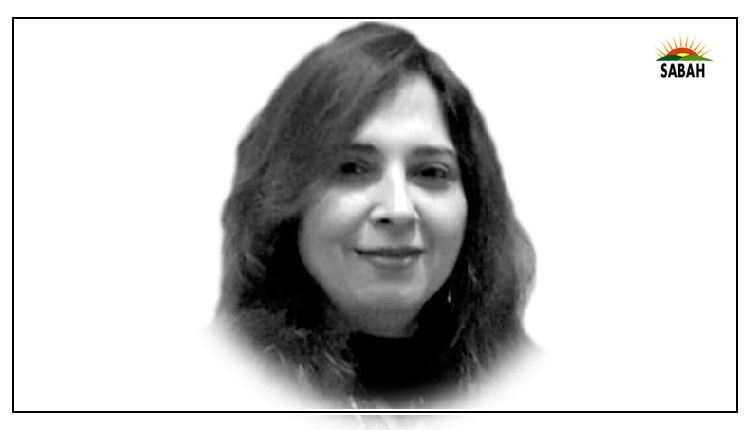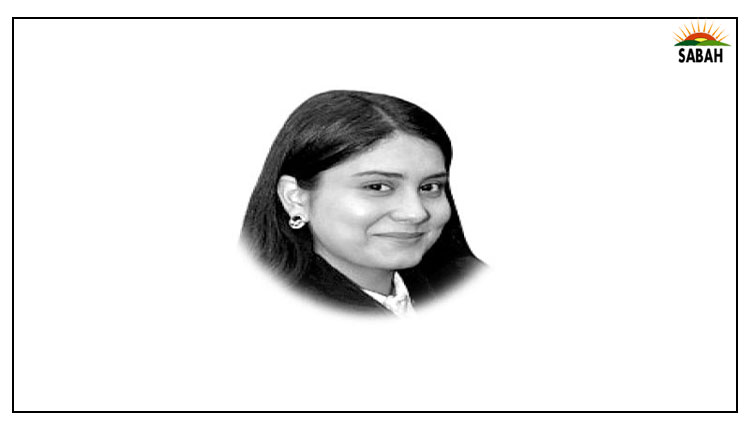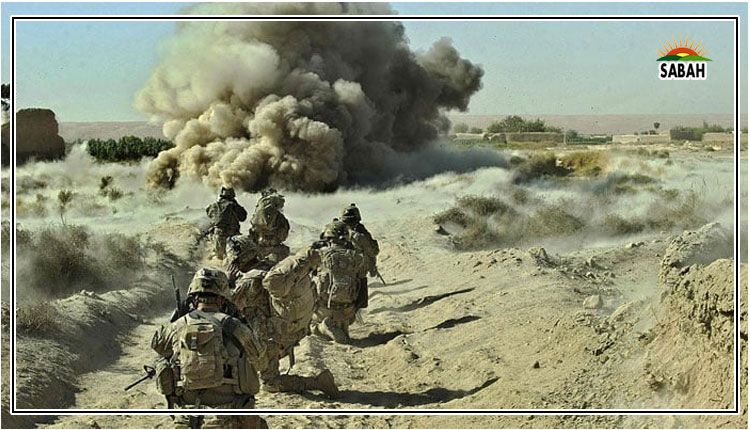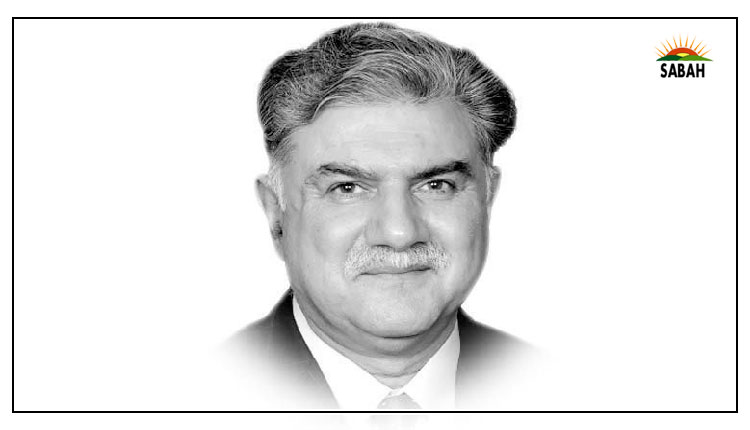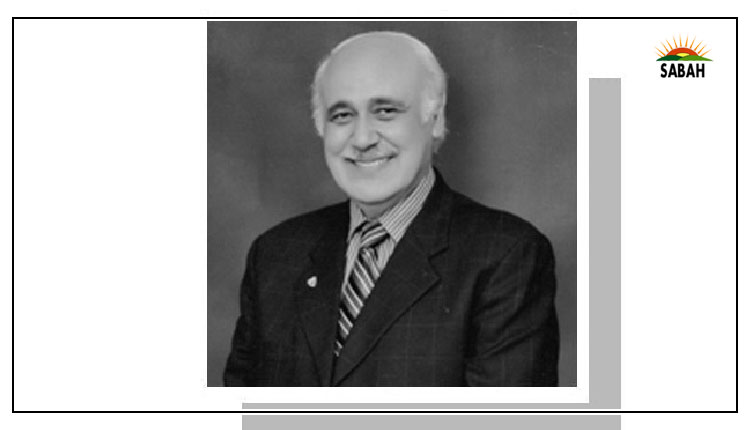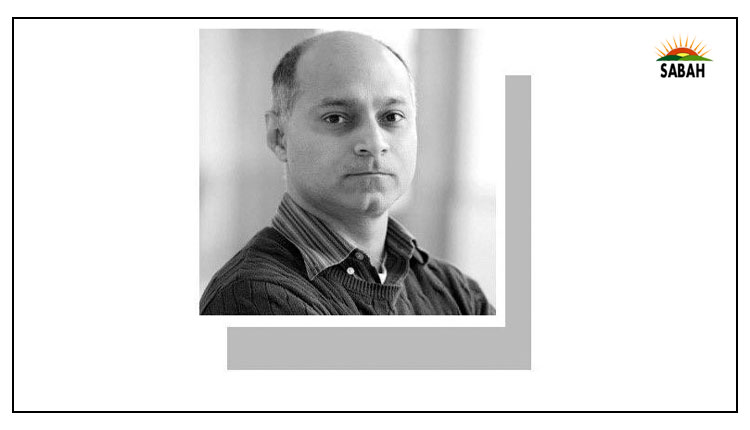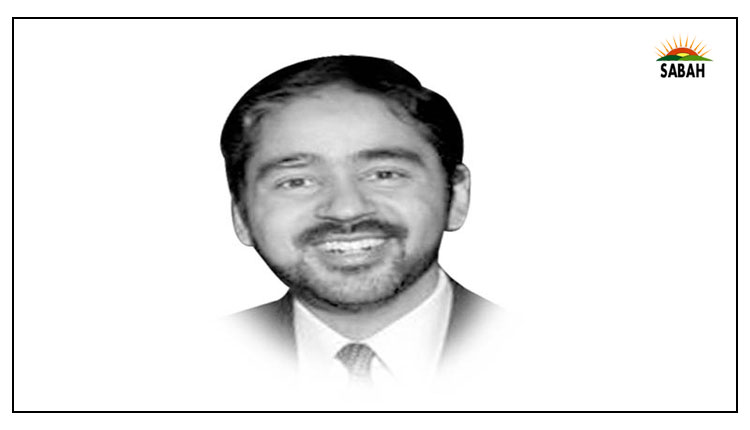The triple assault…. Muhammad Hamid Zaman
Addiction and substance abuse, by and large in our society, are viewed from a moral lens. These people are viewed in most cases as failures, immoral or outright bad people with no moral fiber. There is little empathy towards those who are addicted, or a deeper understanding of abuse, circumstances, or vulnerabilities.
Those who come from socio-economically disadvantaged groups and deal with challenges of addiction and substance abuse face the wrath of society even more. The anti-poor sentiment is omnipresent. We see that in the casual conversations in our own midst, and we see that when we talk about trying to stop those who are displaced because of floods coming to our neighborhoods, lest they bring a new wave of burglaries and crime. When addiction and substance abuse hits the poor, many in our circles shrug their shoulders and simply state: what else did you expect?
And then at yet another level, when those who the society and the state have formally excluded deal with these issues, there is barely any support. Here, I am talking about the stateless communities (Bengalis, Biharis and others). These communities face the triple assault of lack of empathy, the general hostility towards the poor persons, and the deeply rooted xenophobia and states disregard for their problems.
In Machhar Colony last Friday, once again I felt the full weight of our own xenophobia, neglect and hostility towards the poor. I am as privileged as it gets. I am Punjabi, male, Sunni and check off all the right boxes. And it is people of my own community and others like mine, who have made it impossible for the stateless, to have a shot any shot at a dignified life. We choose to deny them their basic rights, not because we have a legal or a moral argument, but because we are blinded by our own prejudice. Injustice, frustration, vulnerabilities and lack of a viable path in life push many in this community towards addiction yet, the society provides no viable way for them to come out of it. The rehabilitation centres in the city are either incredibly expensive, or reserved only for those who have formal ID cards. There is one rehabilitation centre in the colony it is poorly staffed and seriously short of funds. Despite this, it is treating nearly a hundred men (there are no services available for women). I was told that well over a hundred were on the waiting list. The problem is getting worse as sophisticated drugs are increasingly accessible because there is no interest by the authorities to clamp down in a place that is occupied by those who, in the eyes of the state, do not exist.
While the neglect and apathy seen in every inch of Machhar Colony represents some of our most rotten values and priorities, I also saw some of the brightest colours of humanity there. I saw incredible teachers who have chosen to educate young children who are shut out of state schools. I met the doctors and the community workers who take care of pregnant mothers when no one else does. I spent time in the company of those who bring a ray of light to vulnerable patients dealing with mental health issues. And I had lunch with the brilliant lawyers who are fighting the system, every day, for fairness and justice for hundreds of thousands of people. Above all, I spent time with the leaders of this movement, who are deeply troubled by the injustice, but unwilling to give up.
Later that evening, I was talking to some colleagues I have known for well over twenty years. They live about a fifteen minute drive from the colony (had lived there for a long time), and their work is even closer. They had never heard of the stateless persons or the challenges of Machhar Colony.
Lately, there is a lot of discussion about reimagining the country, or taking a different course. But a just society cannot be imagined if we are unwilling to even acknowledge the existence of the most vulnerable among our midst.
Courtesy The Express Tribune


